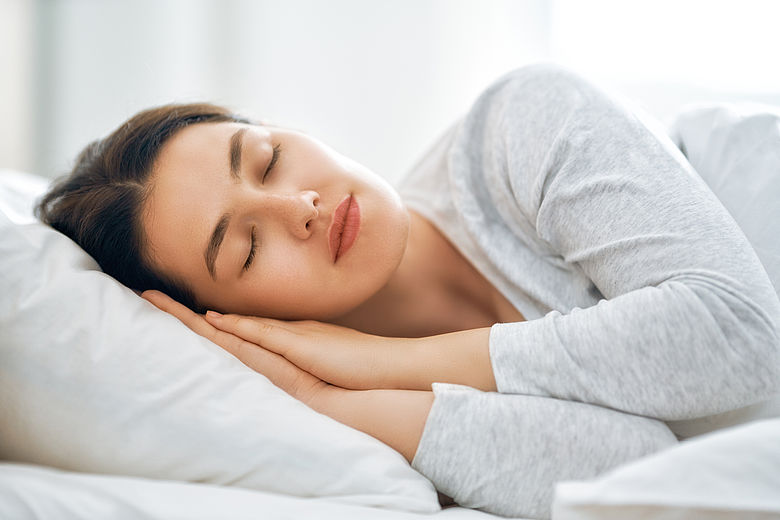There are 3 key pillars to overall health: nutrition, exercise and sleep.
For each of these to work efficiently, they need to be working in harmony. Though progress can be made even if they are not ideal, so don’t fret just yet.
In a lot of cases, the most overlooked of the 3 pillars is sleep. With busy lives, access to technology and each individual’s lifestyle it’s very easy to not prioritise our sleep.
In this article, we are going to look at how to get the most out of you sleep and ideally how to get 8 hours per night.
We have all heard the recommendation of 8 hours of sleep per night, and there is no doubt that if you want to function at your absolutely best this needs to be met. However, you can get by with 6 – 8 consistently, it just means that you will not be at your most optimal. So, let’s look at how to get the most out of the sleep you are getting.
- Reduce blue light exposure. Blue light is emitted from screens such as phones, laptops, TVs etc. The issue with blue light is that inhibits your body’s natural circadian rhythm (internal clock) and prolongs sleeplessness, making it harder to fall asleep and sleep well. Changing the light settings on portable devices (if you are using them before bed) is a great start to reduce the impact of blue light. Another solution is 30mins before you want to be asleep turn off all devices (including TVs), you can use this time to read, stretch, basically anything that helps you wind down.
- Pre-bed routine. Setting up a pre-bed process/system is a great way to set yourself up for a great night sleep. It does not need to be over the top, just something you can follow that relaxes you. E.g.: Tech off 30 mins before bed, brush your teeth, write a to do list for the next day, read for 20 minutes. If it helps relax you physically and mentally then you’re on the right path.
- Room temperature. Our bodies naturally respond to cooler night temperatures as a signal that it’s time to sleep, so mimicking this as much as possible is an excellent way to increase sleep quality. The sleep foundation recommends 15-19 Degrees Celsius as the ideal temperatures. If this isn’t possible (especially in Australian summers) then keeping as cool as possible with fans and even light sheets will help your body regulate and rest as best as it can.
- General light. Our circadian rhythm is an in-built “clock” that helps regulate our sleep. Hence why when it starts to get dark, we start to feel more tired, this is due to a release of melatonin. To help this process along and improve sleep quality, keeping your bedroom as dark as possible is ideal. Blocking out any or as much street light as you can, minimal lamps/hallway light and even covering digital clocks or TV power lights can and will improve your sleep.
- Supplements. An extra 1% addition to the above tips would be using a melatonin supplement. Remember this is the hormone the body produces in line with its natural wake and sleep pattern, adding this to your evening routine will help your body relax and improve your sleep quality.
Utilising some (ideally all) of these strategies will definitely put you in good stead to improve the sleep you are already getting. And if you notice a difference in your health, attentiveness, mood and performance after implementing them, hopefully you consider getting to bed a little earlier to really reap the benefits of a full, quality night’s sleep.

